LIFESTYLE
SMF Arabia Reviews: The Midnight Sky by George Clooney
Zak Labiad
29-December-2020
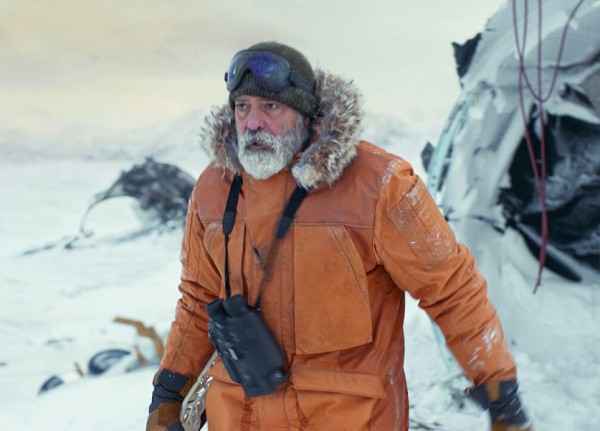
The Midnight Sky is an enjoyable post-apocalyptic thriller with its theme of human connectivity and togetherness loudly reverberating in an age of Covid-19 and our self-isolating society. Set in a 2049 far from the neon world of the Blade Runner sequel of 2017, Clooney’s seventh film as director begins in a glacial arctic wasteland, with Augustine (Clooney) entombed in a sombre observatory. This is a stark contrast from the succeeding swanky flashback of a younger Augustine (Ethan Peck), suited and debonair – an echo of Clooney’s movie persona; the suave charming gentleman found in Ocean’s Eleven (2001), and even Fantastic Mr. Fox (2009). Now Hollywood’s silver-fox turns into arctic, wounded animal: Augustine is a dying scientist who shuffles and hobbles – you wince every time you see him struggle down the stairs. This is a true example of Clooney’s talent as an actor. For the first time you see him as a character and not, well, George Clooney.
Between these flashbacks and Augustine’s trek to a working observatory in the hope of warning a group of astronauts that earth is uninhabitable for their return, the triadic narrative can be a bit unbalanced.But stunning visuals and breath-taking set-pieces, from the baleful blues of arctic nights to the paprika-coloured moss of a strange planetary terrain, keep the film rocketing along. Sully (Felicity Jones) and Tom (David Oyelowo), are the astronauts expecting a baby. Jones’s real-life pregnancy was incorporated in the script, adding a dimension of reality – Sully proclaims she ‘feels like a moose’ and the pregnancy is treated skilfully by Clooney. A baby-on-board ramps up tension during a terrifying meteor strike in space, whilst not being a fixation. Sully is a character – not another archetypal pregnant woman on screen whose only relevance is their dawning motherhood.
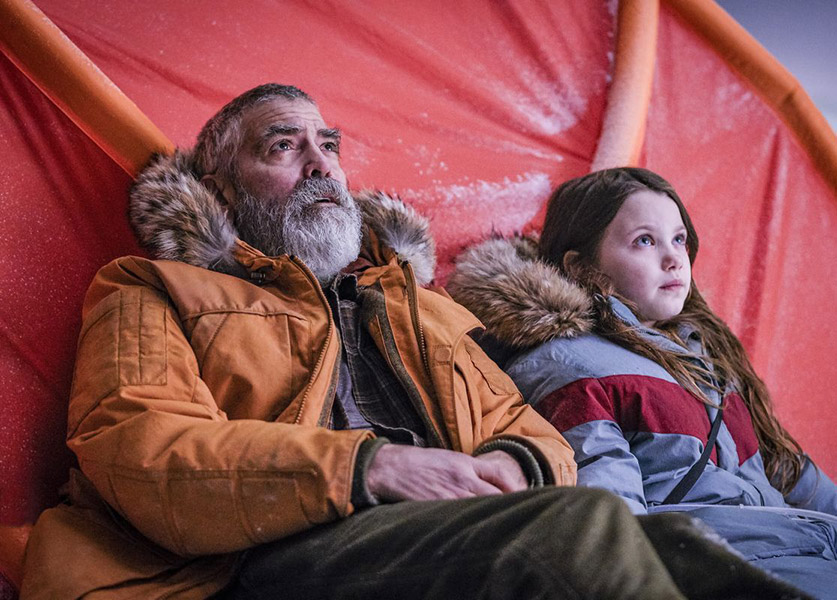
Although the epic scope of Clooney’s most ambitious project yet may be slightly diminished on your TV screen (this story belongs in the cinema), our first sight of Planet Earth, now a smoky ochre hell-hole, still manages to stun. Very much a ghost-story in parts, the spectre of our own failure to fight climate change looms large over us and the characters. ‘We didn’t do a very good job’ Augustine laments. The tragic state of earth intensifies with the inclusion of demure Iris (Caoilinn Springall) a young girl who accompanies Augustine in the hope of saving humanity.
Overall, Clooney crafts an impressive ecological fable – that humanity was so focused on futurity we forwent any importance of human longevity. With superlative space-simulation and an obsession with holograms, the film’s visual treats only stress the alienation of modern life – a scene where Clooney and Springall flick peas at one another is a delightful reminder of such precious interaction pre-pandemic. Their relationship surmises and culminates into a heart-warming finale (aided by a superb, sombre, yet hopeful score by French composer Alexandre Desplat) that will make you want to embrace your fellow men and women (providing they’re vaccinated, of course).
Perhaps The Midnight Sky ushers in a new dawn for 2021.
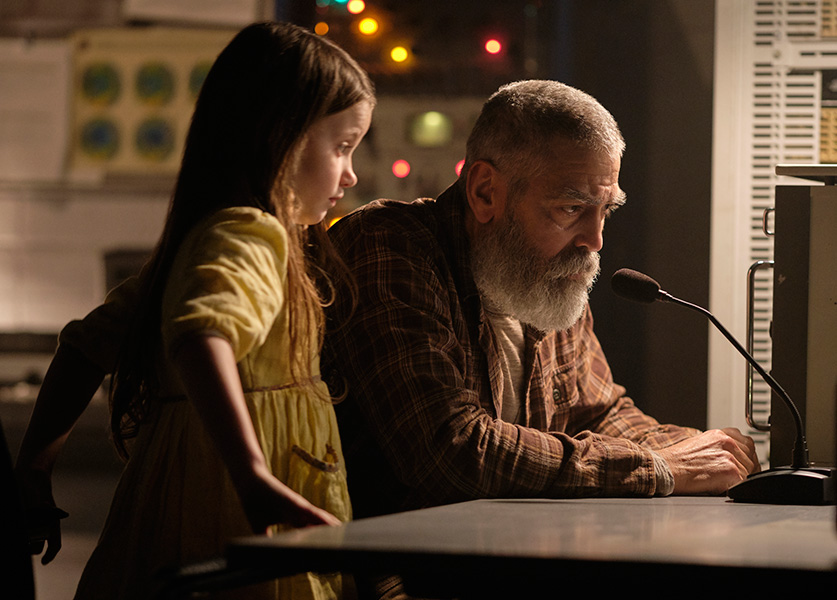
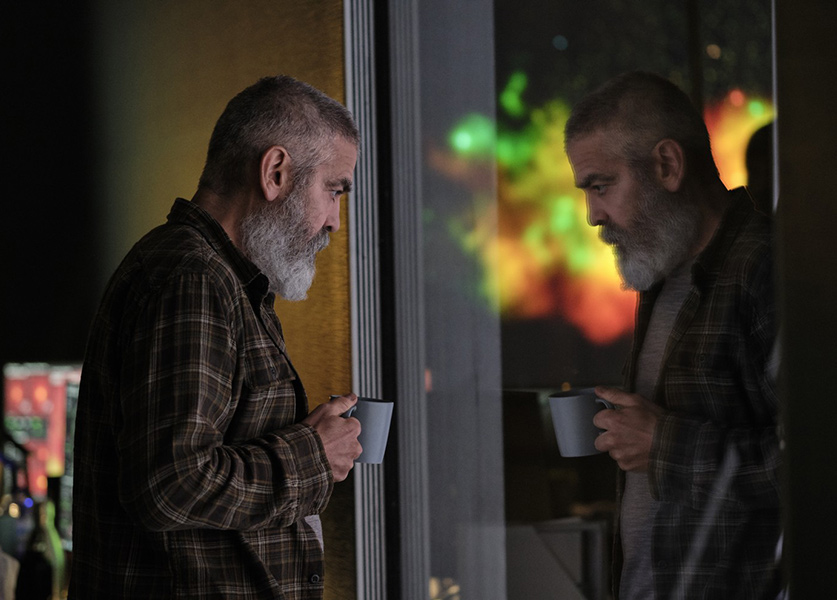
Recommended
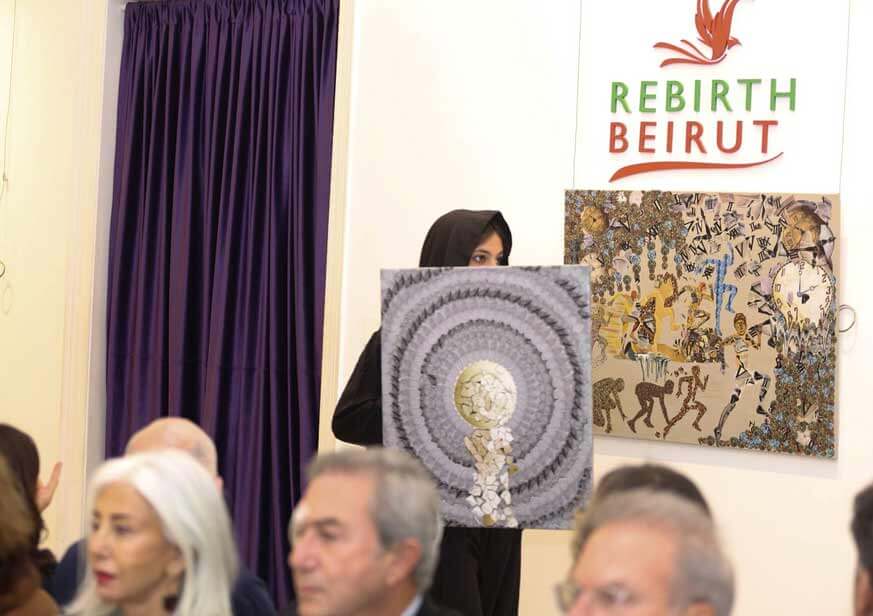
Hiba El-Khatib Badreddine Opens 2026 with a Groundbreaking Exhibition at Rebirth Beirut
16-January-2026

Celebrate the New Year at Novikov Abu Dhabi
29-December-2025

The 25th Edition of DIAFA Honors the Biggest Names
1-December-2025
Most read
-
1
How to Style Your UGGs Like a Celebrity
-
2
“MAJESTY”: Ziad Nakad’s Spring–Summer 2026 Haute Couture collection At Château de Vaux-le-Vicomte
-
3
Katy Perry’s Glowing 4000 Feather Coat at Joy Awards 2026
-
4
The Beckhams, a Perfect Family in Photos
-
5
Dragon Diffusion Woven Bags at All ABC Department Stores


